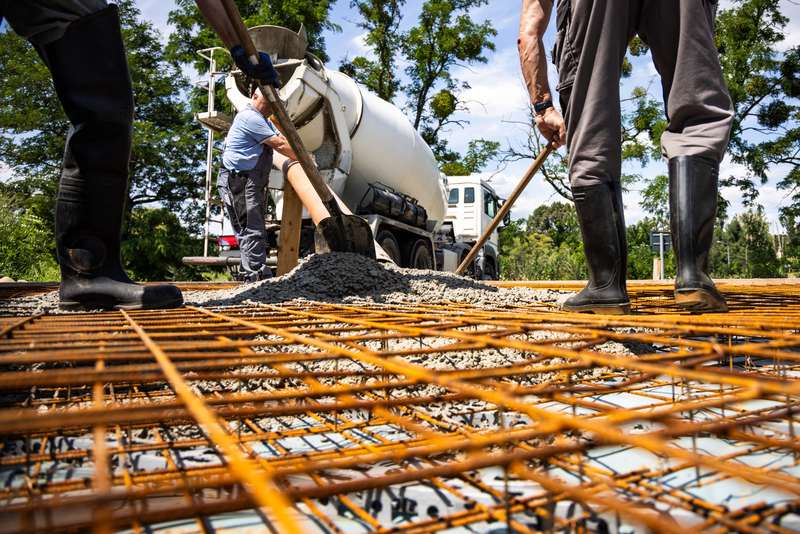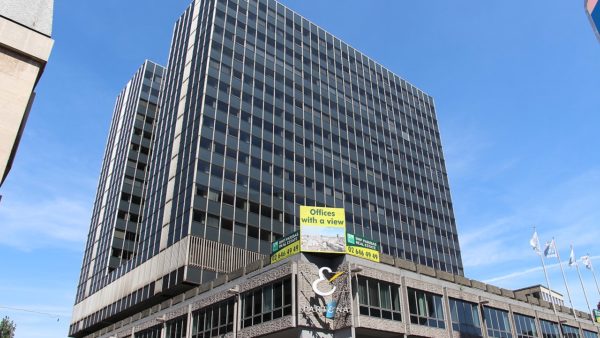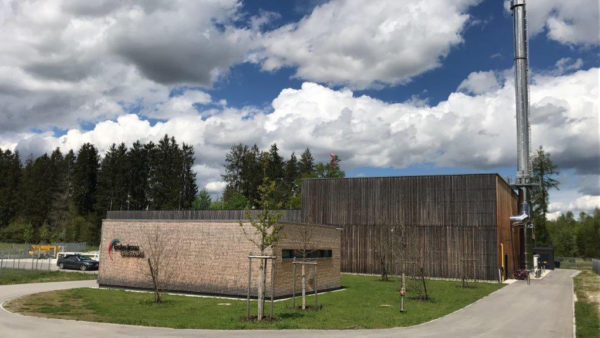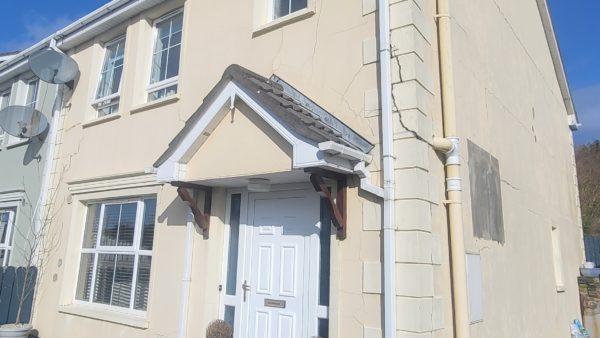
Hamburg Commercial Bank’s latest survey of sentiment among construction’s purchasing managers has shown that the Eurozone’s industry remains obscured by gloom, with new orders continuing to fall as prices and layoffs rise.
The HCOB Eurozone Construction Purchasing Managers Index, published yesterday, gave a figure of 41.4 for August, the same level as July. Any result below 50 indicated a reduction in activity.
According to this measure, Europe’s construction sector has been contracting for each of the past 29 months.
Financial information website ShareCast notes that new orders have suffered a steep fall, reflecting a dearth of investment in the wider economy. The fall in demand had led to a shortening in lead times, however companies are pessimistic about the medium-term outlook.
In its commentary on the results, HCOB said the three largest Eurozone economies all declined in August. It said: “Activity in Germany decreased at the sharpest rate in three months, while there were slightly softer contractions in France and Italy.”
One result of the fall in business was a cut in workforce numbers. Employment levels in the European construction industry have now fallen for the past 18 month. Again, the country worst hit was Germany.
Tariq Chaudhry, an economist with the bank, said: “The crisis in the European construction sector shows no signs of abating. The particularly weak performance of the largest economies in the Eurozone – Germany and France – weighs heavily on the index. Especially the housing sector presents a troubling trend.”
He added that pressure was mounting on the European Central Bank to cut interest rates, especially as inflation in the Eurozone was running at 2.2%, close to the bank’s target.
This would be likely to ease pressure on the German housing market. A research paper by Deutsche Bank, published in July, noted that the housing market was hit by an interest rate shock “of historic proportions”.
Borrowing costs rose to counteract a surge in inflation brought about by Germany’s loss of cheap Russian gas. Last year, this led to a 60% fall in the number of purchases of building land and new lending compared with the pre-war year of 2021.
Last year, Dutch bank ING predicted – correctly – that the construction industry would contract (see further reading).
It said the sector achieved zero growth rather than a decline in 2023 owing to a better-than-expected first half of the year, and companies had around nine months of guaranteed work at the beginning of the third quarter.
However, it added that investors and homebuyers were reluctant to invest further capital while inflation and interest rates remained high and economic growth was low or negative.
- Subscribe here to get stories about construction around the world in your inbox three times a week.
Further reading:










